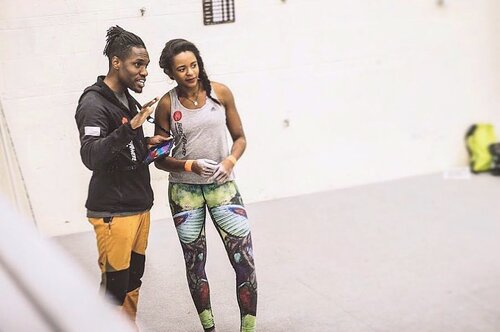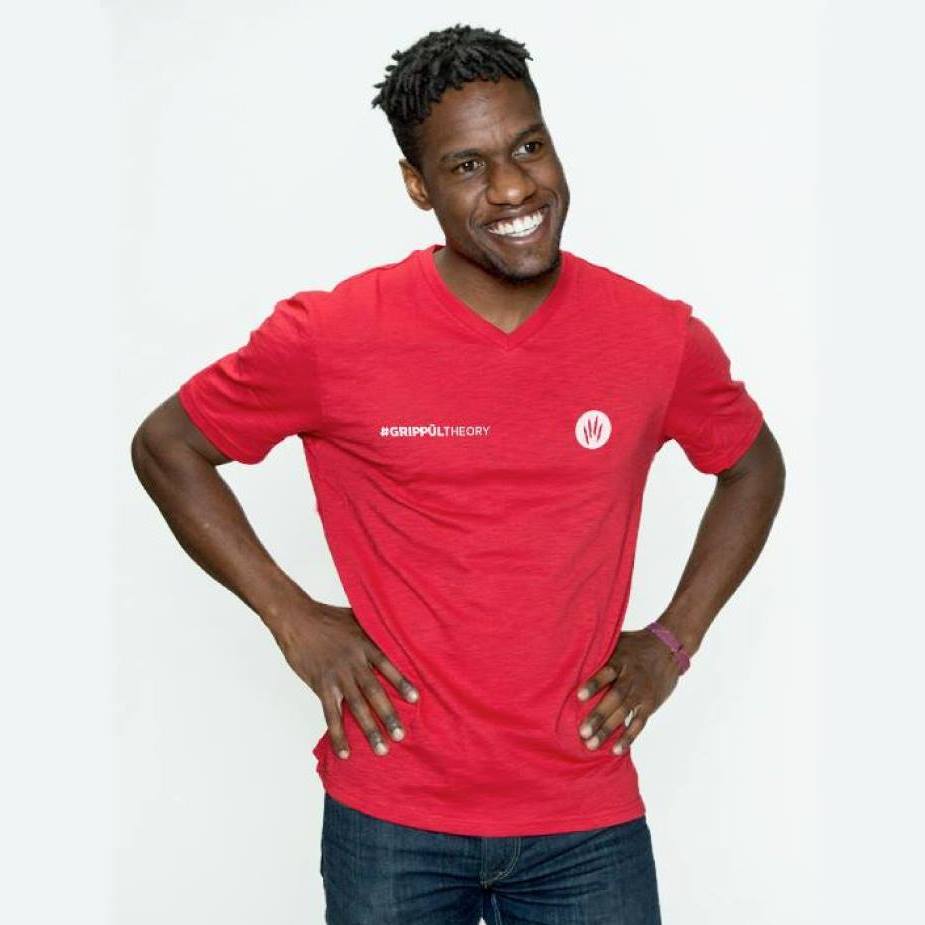Go offline with the Player FM app!
Episode 36: Aman Anderson — The Rise of an Industry Leader
Manage episode 266001558 series 2488023

It stands to reason many of you have never heard of Aman Anderson. He doesn’t putz around on social media. His name, as far as I can tell, appears only once on his company’s website. When his name is attached to work, it’s generally citing his cutting edge data and analytics research, with titles such as, “Optimizing Muscular Strength-to-Weight Ratios in Rock Climbing.”
As a rule, spray does not equal import. Behind the scenes, for complicated reasons he elucidates in our conversation, Aman has become one of the most important thinkers, researchers, and pioneers in our sport. Hailing originally from Florida, Aman discovered climbing as he was diving into a career as a user experience and interface designer, building on a history of health sciences and nutritional data. Finally landing in Colorado, Aman launched into new and scary territory, leaving his career behind to launch his company, Beast Fingers Climbing.
Beast Fingers is many things. Aman has designed some of the most thoughtful, research-driven training tools ever to hit the climbing market. And that research, peer-reviewed and widely respected, has changed the way we in which we interact with performance, recovery, training, and the data underlying it all.

Most importantly, Aman endeavored to build an ethos and culture for his company. As one of the very few black entrepreneurs in the climbing world, he wanted to construct a Beast Fingers climbing team on a foundation of diversity, inclusivity, and, let’s face it, bad ass climbers. His team includes advocates and crushers like Melise Edwards, founder of MUSE Mentorship, whose “mission is to provide representation across STEM fields and to demystify pathways to higher education for underrepresented students in STEM.” World champion and advocate Maureen Beck has been a part of the team from the beginning. French National Team member Mickael Mawem calls Beast Fingers home, as does Maggie Yeung and Hunter Damiani. Advocates, athletes, engineers, classical pianists, artists, leaders. As outdoor industry titans scramble to rethink their messaging and inclusivity and team diversity, they need look no further than Aman’s ethos as both paragon and guiding light.
In this wonderful conversation we follow Aman from Florida to Colorado, from leaving his lucrative career to working at King Soopers so he could find time to foster his burgeoning company. He educated us on the challenges and barriers a black climber and entrepreneur face in the white-dominated world of rock climbing, tribulations that previously roiled in the shadows of a sport lacking diversity and inclusivity, a sport struggling with intersectionality. We also follow him as he kicks ass across the board, from cutting-edge data research to building one of the finest teams in the land to founding a company making a difference for athletes of all levels.
Shoot us your thoughts, suggestions, and feedback at thunderclingpodcast@gmail.com or find us on Instagram at @thethundercling.
Thanks to Ryne Doughty, once again, for the tunes. His newest album is now available on all platforms!
The second half of 2020 is here. We’re all responsible. Let’s flip the script and make the next six months a referendum on a culture we can no longer abide. It’s long past time to fight.
43 episodes
Manage episode 266001558 series 2488023

It stands to reason many of you have never heard of Aman Anderson. He doesn’t putz around on social media. His name, as far as I can tell, appears only once on his company’s website. When his name is attached to work, it’s generally citing his cutting edge data and analytics research, with titles such as, “Optimizing Muscular Strength-to-Weight Ratios in Rock Climbing.”
As a rule, spray does not equal import. Behind the scenes, for complicated reasons he elucidates in our conversation, Aman has become one of the most important thinkers, researchers, and pioneers in our sport. Hailing originally from Florida, Aman discovered climbing as he was diving into a career as a user experience and interface designer, building on a history of health sciences and nutritional data. Finally landing in Colorado, Aman launched into new and scary territory, leaving his career behind to launch his company, Beast Fingers Climbing.
Beast Fingers is many things. Aman has designed some of the most thoughtful, research-driven training tools ever to hit the climbing market. And that research, peer-reviewed and widely respected, has changed the way we in which we interact with performance, recovery, training, and the data underlying it all.

Most importantly, Aman endeavored to build an ethos and culture for his company. As one of the very few black entrepreneurs in the climbing world, he wanted to construct a Beast Fingers climbing team on a foundation of diversity, inclusivity, and, let’s face it, bad ass climbers. His team includes advocates and crushers like Melise Edwards, founder of MUSE Mentorship, whose “mission is to provide representation across STEM fields and to demystify pathways to higher education for underrepresented students in STEM.” World champion and advocate Maureen Beck has been a part of the team from the beginning. French National Team member Mickael Mawem calls Beast Fingers home, as does Maggie Yeung and Hunter Damiani. Advocates, athletes, engineers, classical pianists, artists, leaders. As outdoor industry titans scramble to rethink their messaging and inclusivity and team diversity, they need look no further than Aman’s ethos as both paragon and guiding light.
In this wonderful conversation we follow Aman from Florida to Colorado, from leaving his lucrative career to working at King Soopers so he could find time to foster his burgeoning company. He educated us on the challenges and barriers a black climber and entrepreneur face in the white-dominated world of rock climbing, tribulations that previously roiled in the shadows of a sport lacking diversity and inclusivity, a sport struggling with intersectionality. We also follow him as he kicks ass across the board, from cutting-edge data research to building one of the finest teams in the land to founding a company making a difference for athletes of all levels.
Shoot us your thoughts, suggestions, and feedback at thunderclingpodcast@gmail.com or find us on Instagram at @thethundercling.
Thanks to Ryne Doughty, once again, for the tunes. His newest album is now available on all platforms!
The second half of 2020 is here. We’re all responsible. Let’s flip the script and make the next six months a referendum on a culture we can no longer abide. It’s long past time to fight.
43 episodes
All episodes
×Welcome to Player FM!
Player FM is scanning the web for high-quality podcasts for you to enjoy right now. It's the best podcast app and works on Android, iPhone, and the web. Signup to sync subscriptions across devices.




